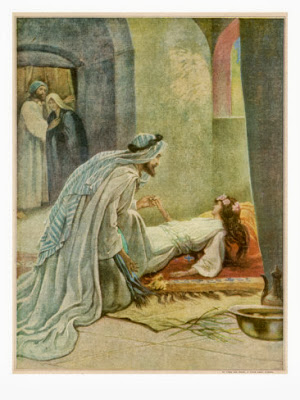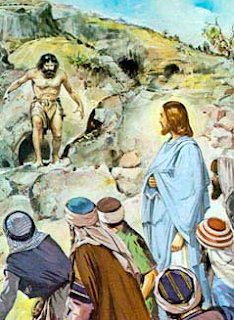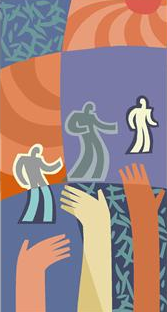TO CHEW ON: "And when they had preached the gospel to that city and made many disciples, they returned to Lystra, Iconium, and Antioch, strengthening the souls of the disciples, exhorting them to continue in the faith, and saying, 'We must through many tribulations enter the kingdom of God.'" Acts 14:21,22
At the beginning of our reading today, Paul was in Derbe. It was practically the only city on this whole trip from which he wasn't run out of town.
But, spiritual father and pastor that he was, nothing could keep him away from his spiritual babies. When retracing his steps back to Antioch (his sending church - Acts 13:1,2) he went through Lystra (where he had been stoned and left for dead - Acts 14:19,20), Iconium (where he had been the object of abuse and near stoning - Acts 14:5,6), and Antioch in Pisidia (where the city leadership had expelled him - Acts 13:50). Would we have been so bold and brave?
On visiting the fledgling congregations he had 'hatched,' he built them up with a blend of realism and optimism. I love how Eugene Peterson puts it in The Message:
"After proclaiming the Message in Derbe and establishing a strong core of disciples, they retraced their steps to Lystra, then Iconium, and then Antioch, putting muscle and sinew in the lives of the disciples, urging them to stick with what they had begun to believe and not quit, making it clear to them that it wouldn’t be easy: 'Anyone signing up for the kingdom of God has to go through plenty of hard times'" - Acts 14:21,22 MSG (emphasis added).
Jack Hayford interprets this combination of suffering and victory for our time:
"Triumph and victory may characterized the attitude of each citizen of the kingdom of God, and Holy Spirit-empowered authority is given to be applied to realize results. Yet God did not promise life without struggle.
"[…]The Bible teaches that suffering, trial, and all order of human difficulty are unavoidable; but God's Word also teaches that they may all be overcome. The presence of the King and the power of His kingdom in our lives make us neither invulnerable nor immune to life's struggles. But they do bring the promise of victory: provision in need, strength for the day, and healing, comfort, and saving help" - Jack Hayford, "Suffering, Tribulation," New Spirit-Filled Bible, p. 1518 (emphasis added).
PRAYER: Dear Father, thank You for Paul's example in suffering and tribulation. When problems come my way, help me to shun self pity, instead view them as a means to grow my faith and character. Amen.
*********
Unless otherwise noted all Scripture quotations are taken from the New King James Version®. Copyright © 1982 by Thomas Nelson, Inc. Used by permission. All rights reserved.
Scripture quotations marked MSG are taken from The Message. Copyright © 1993, 1994, 1995, 1996, 2000, 2001, 2002. Used by permission of NavPress Publishing Group.



















